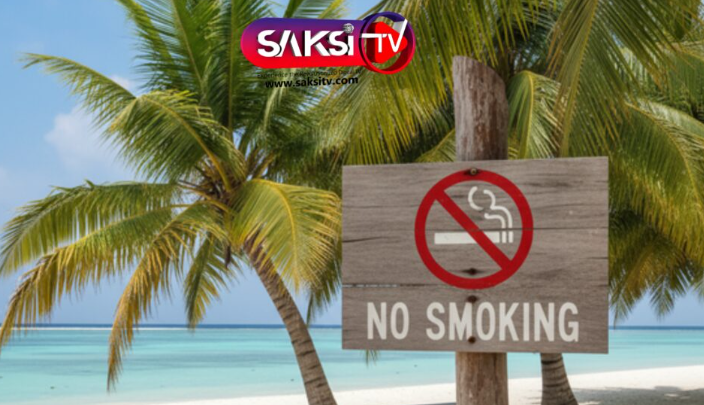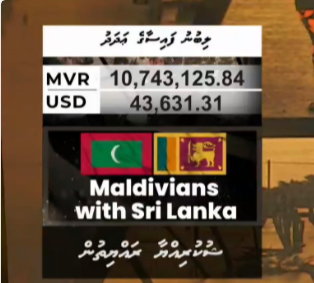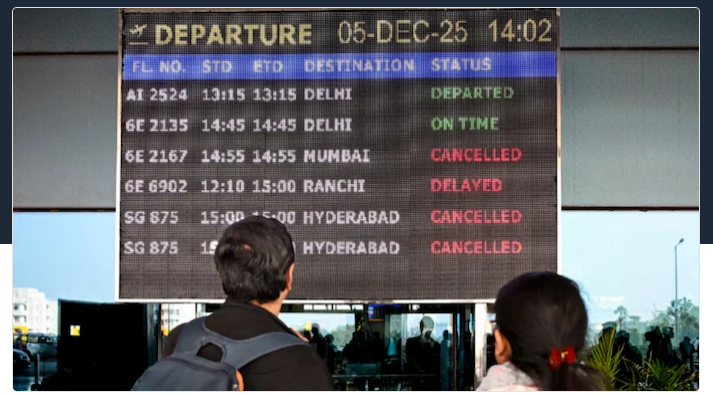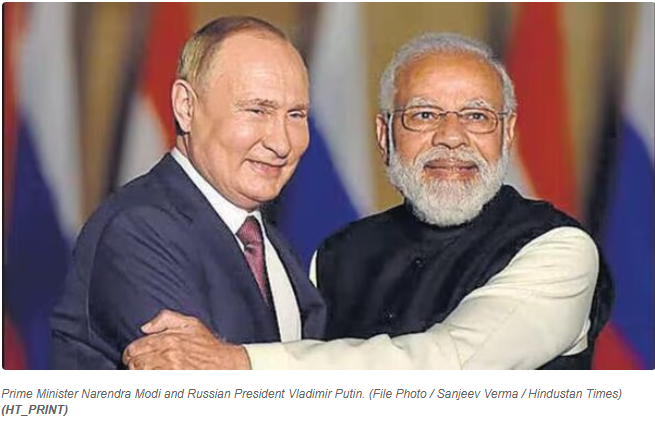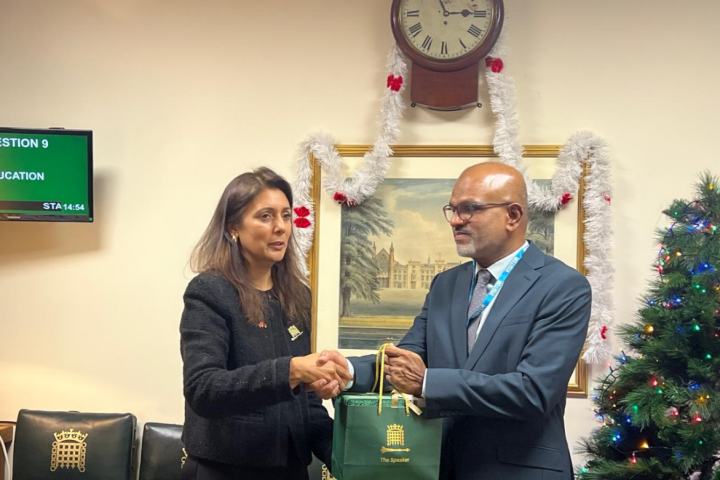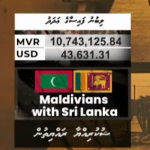The Washington Post this week carried a report by Maham Javaid on the Maldives’ decision to prohibit the sale and use of tobacco for anyone born after 2006. The piece noted that the Maldives as the first in the world to fully implement a generational ban, a measure that goes further than New Zealand’s now-repealed experiment. Javaid highlighted the government’s rationale of protecting young people and aligning with World Health Organization goals, while also pointing to the country’s earlier restrictions on vaping and its steep tobacco import duties.
The Post described the ban as the first of its kind to be fully enacted, surpassing New Zealand’s now-abandoned attempt at a similar generational prohibition. It noted that the Maldives is now making headlines for a very different reason: a determination to shield its youngest citizens from the harms of smoking.
Reuters and the Associated Press issued wire reports that were carried by outlets across North America and Europe. The New York Times, ABC News, and Canada’s CBC all ran versions of the wire copy, underscoring the Maldives’ pioneering role. These reports emphasized the country’s decision to move forward at a moment when larger states have hesitated.
In Britain, The Guardian and the BBC framed the announcement in light of the United Kingdom’s own pending legislation. Their coverage placed the Maldives in a small but growing circle of governments willing to test generational bans. The Guardian pointed out that the Maldives had already outlawed e‑cigarettes, presenting the new law as part of a coherent strategy rather than a one-off gesture.
Al Jazeera devoted space to the symbolic weight of the decision. Its coverage highlighted the contrast between the Maldives’ global image as a luxury destination and its domestic struggle with high smoking rates. The network described the ban as a statement of intent from a small state determined to protect its youth and to align with international health goals.
In South Asia, India Today and The Hindu reported on the measure with an eye to regional implications. Both noted the Maldives’ proximity to India and the potential impact on cross-border tobacco trade. Dawn in Pakistan also carried the story, presenting it as an example of decisive health policy in the region.
The South China Morning Post in Hong Kong gave the development a global angle, comparing the Maldives’ law to European Union ambitions for a “tobacco-free generation” by 2040. The paper suggested that the Maldives had positioned itself as a leader among smaller nations in setting ambitious health standards.
Lifestyle and travel publications added another layer of coverage. Several noted that the ban applies to tourists as well as residents, casting the Maldives as a destination that values health and sustainability alongside its natural beauty.
The international press has not ignored the challenges. Questions about enforcement in a nation of scattered islands have surfaced in several reports. Yet the dominant narrative has been one of admiration. The Maldives, with a population of just over half a million, has taken a step that larger and wealthier countries have debated but not dared to implement.
For the Maldives, the law is more than a public health measure. It is a declaration of leadership, a signal that even the smallest states can shape the global conversation on tobacco control. In the words of one British commentator, the Maldives has “picked up the torch” that others have dropped.
